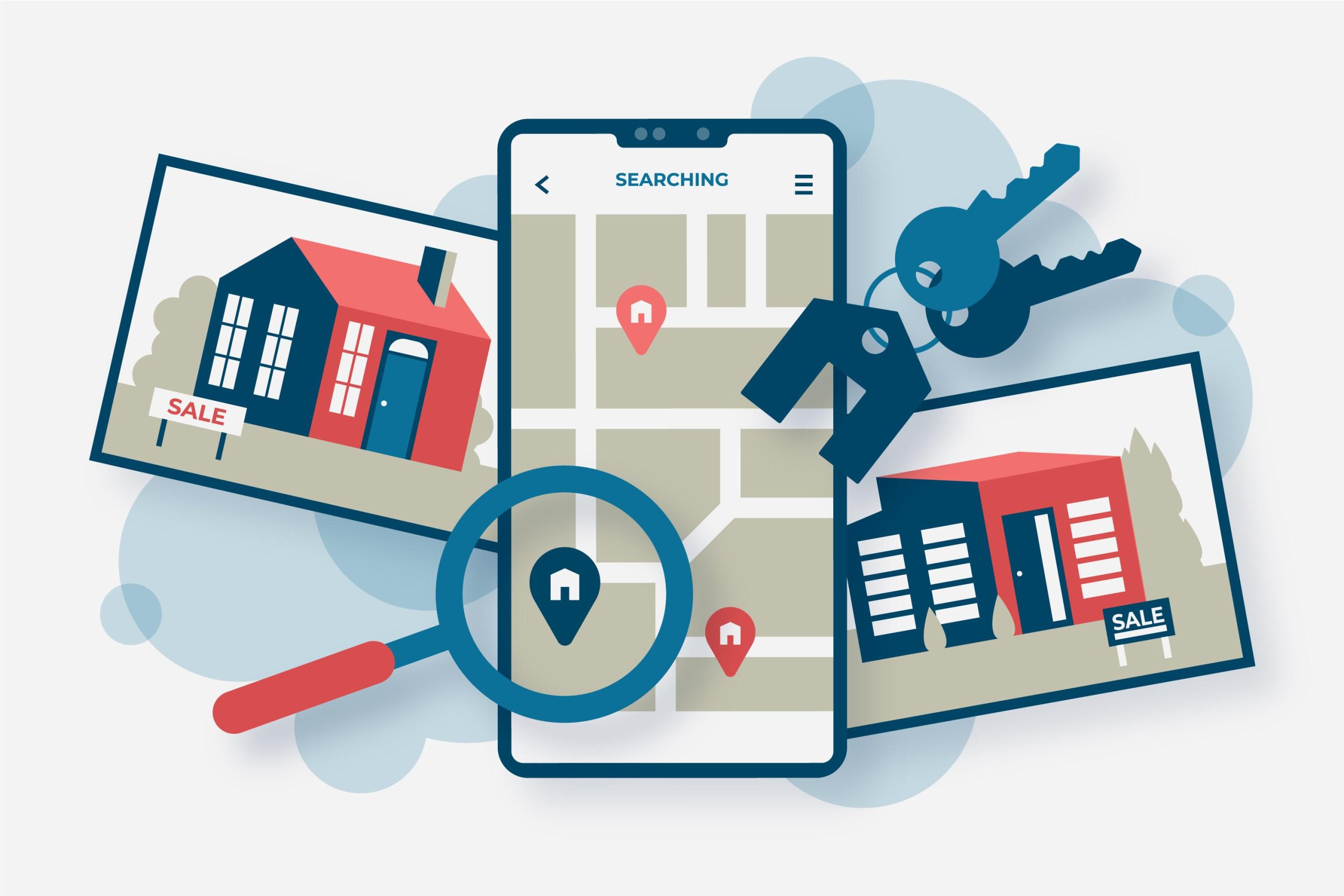Your social media should do more than just gain likes—it should generate real leads, highlight your expertise, and build trust that converts followers into loyal clients. This guide breaks down the winning strategies top real estate professionals use across Instagram, LinkedIn, Facebook, TikTok, and YouTube to turn casual browsers into committed buyers and sellers.
Elevate Your Brand with Social Media
Why Social Media is a Game-Changer for Real Estate Professionals
Social media is more than just a marketing tool—it’s a powerful platform for real estate agents to establish credibility, directly engage with potential clients, and expand their reach beyond traditional marketing. Nearly half of real estate professionals agree that social media is their most effective lead-generation tool. Here’s how it strengthens your personal brand:
- Boosted Visibility – Stay top of mind with buyers and sellers through platforms like Instagram, LinkedIn, and Facebook.
- Stronger Client Relationships – Engaging with your audience through comments, messages, and live sessions fosters trust and loyalty.
- Cost-Effective Marketing – Social media allows you to promote your brand with minimal expense compared to traditional advertising.
- Instant Market Insights – Social platforms provide real-time feedback on industry trends, client preferences, and market behaviors.
- Competitive Advantage – A strong online presence sets you apart from competitors who aren’t leveraging social media effectively
Instagram: Your Visual Branding Powerhouse
As a visually driven platform, Instagram is ideal for showcasing real estate listings, client success stories, and behind-the-scenes insights. Follow these steps to build your brand effectively:
- Optimize Your Profile – Use a professional photo and craft a compelling bio with your niche and location.
- Make Your Links Work – Add a lead capture link to your bio, use a link-in-bio tool, and guide followers with calls to action.
- Maintain a Consistent Aesthetic – Use a cohesive color scheme, fonts, and visual style across posts.
- Share High-Quality Content – Post professional photos and videos, market updates, client testimonials, and valuable real estate tips.
- Engage and Interact – Respond to comments, messages, and engage with local hashtags for visibility.
- Leverage Stories & Reels – Use Stories to stay top of mind and Reels to reach a broader audience with engaging video content.
- Use Strategic Hashtags – Mix industry-specific and location-based hashtags for maximum reach.
LinkedIn: Position Yourself as a Thought Leader
LinkedIn offers a unique platform to establish credibility and connect with high-value clients. Here’s how to build a strong presence:
- Polish Your Profile – Use a professional headshot, craft a compelling headline, and tell your real estate story in the summary.
- Share Industry Insights – Post expert commentary on market trends, housing policies, and best practices.
- Expand Your Network – Connect with past clients, industry peers, and local business owners.
- Showcase Your Expertise – Use the ‘Featured’ section to display transactions, testimonials, and market insights.
Facebook: Build a Community-Driven Brand
Facebook remains a key tool for real estate professionals. Here’s how to maximize its potential:
- Create a Strong Business Page – Ensure your page reflects your brand with professional visuals and a compelling “About” section.
- Engage Your Community – Position yourself as a local expert by sharing neighborhood insights, market updates, and real estate tips.
- Go Live with Video Content – Host Facebook Live sessions with branded content like “Market Monday Updates” or “Thursday Virtual Tours.”
- Leverage Facebook Ads – Target ideal clients with cost-effective ads tailored to your niche.
- Encourage Client Advocacy – Spotlight client success stories and engage local businesses for cross-promotion.
TikTok: Captivating with Short-Form Video
With TikTok’s growing influence, real estate agents can build strong brands by:
- Developing a Signature Video Style – Use recognizable intros, transitions, and formats.
- Crafting a Memorable Persona – Establish yourself as the go-to expert in luxury, first-time home buying, or investment properties.
- Launching Recurring Video Series – Create branded content like “Hidden Gem Thursdays” to keep followers engaged.
- Balancing Fun and Expertise – Combine real estate tips with trending sounds and challenges.
- Maintaining Cross-Platform Branding – Keep visuals, colors, and watermarks consistent across all platforms.
YouTube: Establish Authority with Long-Form Video
For in-depth real estate content, YouTube is the ideal platform. Follow these strategies:
- Brand Your Channel – Use professional thumbnails, a branded intro, and cohesive graphics.
- Create Themed Video Series – Engage viewers with segments like “Market Watch Mondays” or “Investment Strategy Sundays.”
- Develop a Memorable On-Camera Presence – Use consistent verbal cues, catchphrases, and wardrobe choices to make your brand recognizable.
- Refine Your Presentation Style – Establish a unique look that sets you apart from other agents
Your Digital Presence, Transformed
A strong social media presence isn’t just about keeping up—it’s about standing out. Our expert team specializes in helping real estate professionals elevate their brand with cutting-edge digital marketing strategies.
Let’s Chat – Ready to make your brand unforgettable? Contact us today to take your digital marketing to the next level.

Looking to take your digital marketing to the next-level? Let's talk about it.
Everyone’s business is unique. Sometimes marketing is simple, and other times it can be complex. If you need to explore solutions, our team is here to help you navigate the process together.












